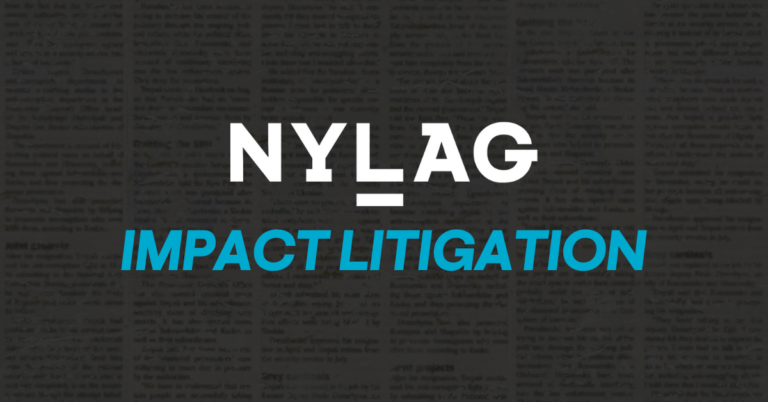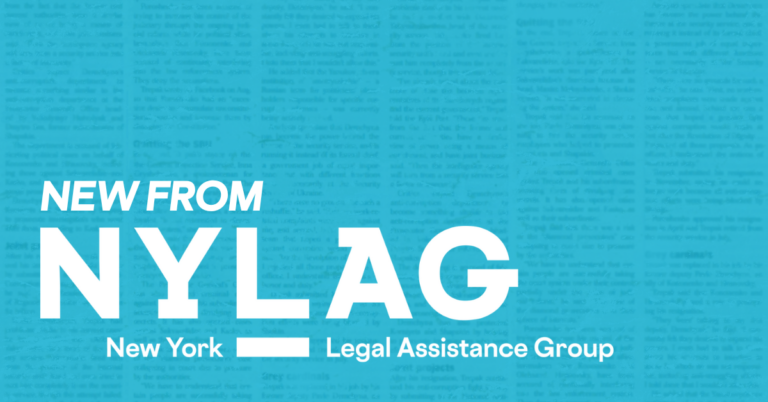Higher education is meant to ensure that students have the opportunity for future upward financial mobility. However, for many, the necessity of student debt acts as a barrier to building future generational wealth. Black women without access to generational wealth are the most impacted. Shanna Tallarico, NYLAG’s senior supervising attorney with the Consumer Protection Unit, testified to the New York City Council Committee on Consumer and Worker Protection and the Committee on State and Federal Legislation, about this issue. Below is an excerpt from her testimony:
“Brittani Williams, co-author of, ‘How Black Women Experience Student Debt,’ offers the image of the promise of mobility destroyed by the discovery that the car is broken. This metaphor also has a basis in more literal terms—the obstacles African Americans have faced to generational wealth-building means that Black women tend to have less of a savings and familial wealth buffer when things go wrong, and unexpected expenses emerge. The ability to weather financial emergencies is a significant factor in the Black-white wealth gap and the product of centuries of systemic deprivation and discriminatory practices in all areas of society, including in hiring and housing access.”







